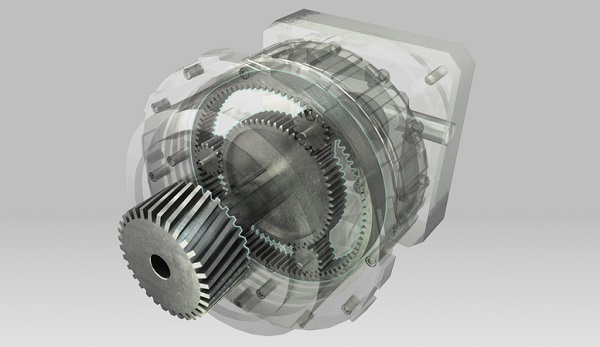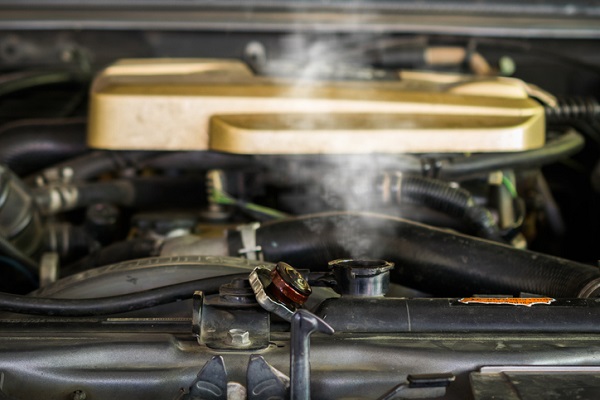The Main Functions of Transmission Fluid for Auto Technology School Grads

After the engine, the transmission is the most expensive part of a vehicle to replace. The same way motor oil keeps an engine running, transmission fluid is essential to transmission function. The transmission is made up of many moving parts, but transmission fluid is among the most important parts of the system.
To understand how transmission fluid functions, an auto mechanic needs to understand how a transmission itself functions. Although some drivers still have manual transmission vehicles, we’ll focus on automatic transmission fluid as these are much more common nowadays.
Whatever kind of transmission you are dealing with, the fluid needs to be checked regularly. Understanding how transmission fluid functions will help you understand why. Let’s take a look at what transmission fluid does.
Lubrication Keeps the Gears Shifting Smoothly
Transmission fluid is responsible for preventing oxidation and rust as well as conditioning the gasket, but the three main functions are detailed here. Learning the parts of a transmission in auto mechanic college will provide a key understanding to the functions of transmission fluid.
For example, one of the parts requiring lubrication is the planetary gear set, which consists of a sun gear, planet gears and a ring gear. It is in charge of the gear ratios and the transmission’s function depends on it. Proper lubrication will form a durable fluid film on the surfaces of the gears which helps avoid direct contact between them. This is important because it enables the gears to shift smoothly, which prevents undue wear and tear on the gear set.

Transmission Fluid Functions Like a Hydraulic Fluid
Maintaining fluid pressure is another function of transmission fluid and it is essential for the torque converter to function. The torque converter connects the transmission to the engine by way of transmission fluid which acts as hydraulic fluid to produce torque. The torque converter is what allows the car to accelerate so if the transmission fluid level is low, the car might jerk, slip, or do other erratic things. Additionally, the pump, which connects the torque converter to the gear set, pressurizes transmission fluid for the torque converter.
Fluid pressure is as important to the transmission as automotive courses are to the mechanic. When sensors tell the transmission which gear should be used, valves send fluid to the clutches and bands, which make it possible for the transmission to shift gears. The pressure of the transmission fluid will determine which valves are opened or closed and the correct amount of pressure will keep the transmission functioning.
Keeping Cool in Auto Technology School
One difference between automatic and manual transmissions is that automatics tend to have more trouble keeping cool. Overheating is the worst problem for a transmission to have and in most cases it is because the transmission fluid levels are low.

Overheating may also be caused by a leak, or the wrong fluid. If it is the wrong fluid, it is possible that it was burned, which would mean that the transmission fluid might have broken down, creating sludge. This is another reason to check the fluid regularly. While fixing a transmission might be fun for you, after auto technology school it’s something most car owners would rather avoid. To help them do that, be sure to remind them of the importance of transmission fluid time and again in order to prevent transmission failure.
Interested in enrolling in auto mechanic college?
Contact Automotive Training Centres to learn more.

